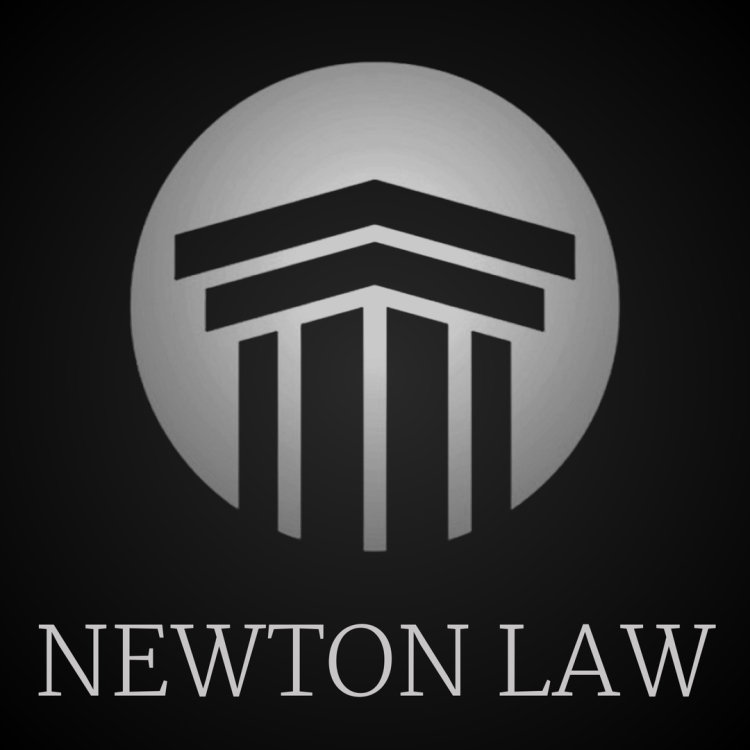RELENTLESS CRIMINAL DEFENSE
Central to the philosophy of the American Criminal Justice System is the presumption of innocence, a cornerstone of justice that presumes individuals are innocent until proven guilty beyond a reasonable doubt. When arrested or questioned by police, it is important to remain silent and contact a criminal defense attorney as soon as possible. The attorney-client privilege protects communications between individual clients and the legal professionals at the Travis Newton Law Firm. Criminal Defense Lawyer Travis Newton is an experienced courtroom advocate safeguarding constitutional liberties and fighting government overreach.
The S.C. Courts of General Sessions is the venue for felonies and serious misdemeanors. Examples of General Sessions level misdemeanors include failure to stop for a blue light, driving under the influence (second offense), and criminal domestic violence (first offense). The S.C. Summary Courts are the venue for most misdemeanors. There are two types of Summary Courts in South Carolina. The Summary Court for the county is the Magistrate Court. The Summary Court for cities or towns is the Municipal Court. Examples of misdemeanors heard in the Summary Courts are driving under the influence (first offense), minor in possession of alcohol, and breach of peace.
The exclusionary rule excludes evidence gathered in violation of the Fourth Amendment to the United States Constitution from being admissible in criminal court. In the landmark decision Mapp vs. Ohio 367 U.S. 643 (1961), the U.S. Supreme Court ruled the exclusionary rule applies not only to the federal government but also to the state governments. The primary purpose of the exclusionary rule is to deter law enforcement from infringing on the constitutional rights of individual citizens.
The fruit of the poisonous tree doctrine expands the exclusionary rule to exclude evidence lawfully from being admissible in criminal court if it was discovered from information or evidence gathered from a previous illegal search and seizure. Criminal defense attorneys humanize their clients, contextualizing their actions within the broader spectrum of their lives and experiences. Through mitigation strategies, plea negotiations, and persuasive courtroom presentations, defense attorneys strive to reflect the individual circumstances of their clients and promote rehabilitation over punitive measures.
A criminal record can have lasting consequences for professional and educational opportunities long after fines or sentencing have expired. When questioned or arrested by police, it is important to remain silent and contact a criminal justice attorney as soon as possible. Travis Newton Law Firm has defended thousands of clients in South Carolina Summary and General Sessions Courts. A consultation with Anderson Criminal Defense Attorney Travis Newton will provide answers that can lead to informed decisions on how to proceed. Free consultation at (864) 965-9148
Travis Newton Law Firm
513 North McDuffie Street
Anderson, SC 29621
E-mail Address: attorneytravisnewton@gmail.com
MasterCard, Visa, American Express, Credit Card, Paypal
The materials available on travisnewtonduidefense.com are for informational purposes only and are not legal advice. You should contact your attorney for advice on specific legal issues or problems. Use of and access to this Website or the e-mail link contained within the site do not create an attorney-client relationship between Travis A. Newton or the user or browser.











